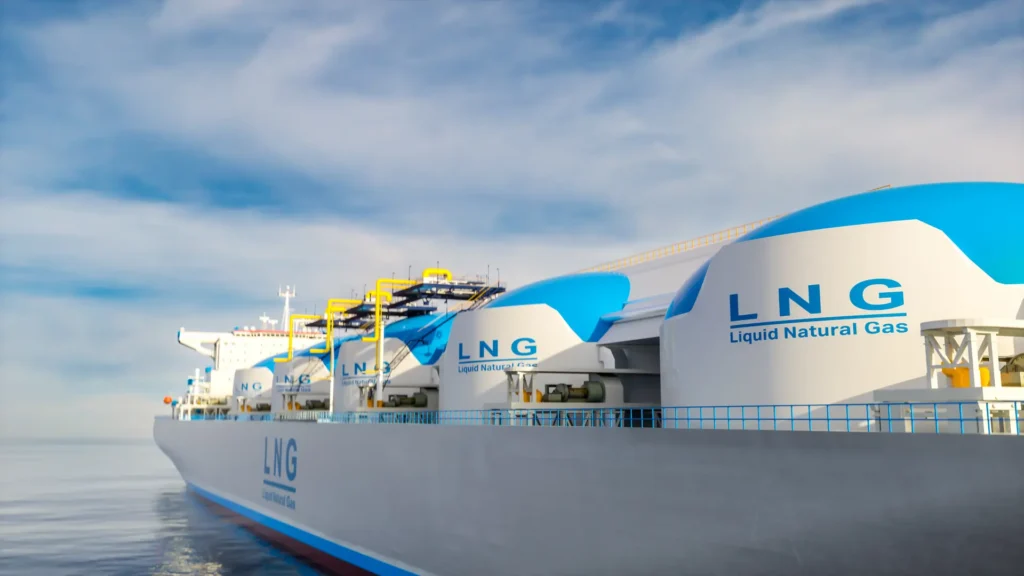
Emerging LNG paradigm in Latin America: Promise and uncertainty
The LNG market in Latin America reflects opportunities and challenges, where energy security collides with economic and operational realities.

The LNG market in Latin America reflects opportunities and challenges, where energy security collides with economic and operational realities.
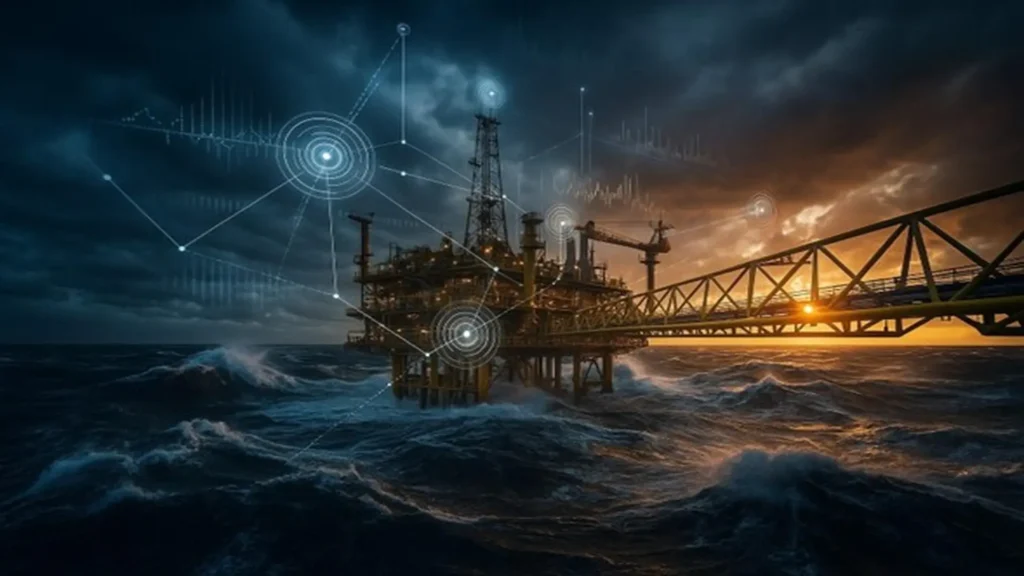
With AI and autonomous systems, intelligent offshore oil platforms maximize their production and integrity, generating better hydrocarbon extraction.
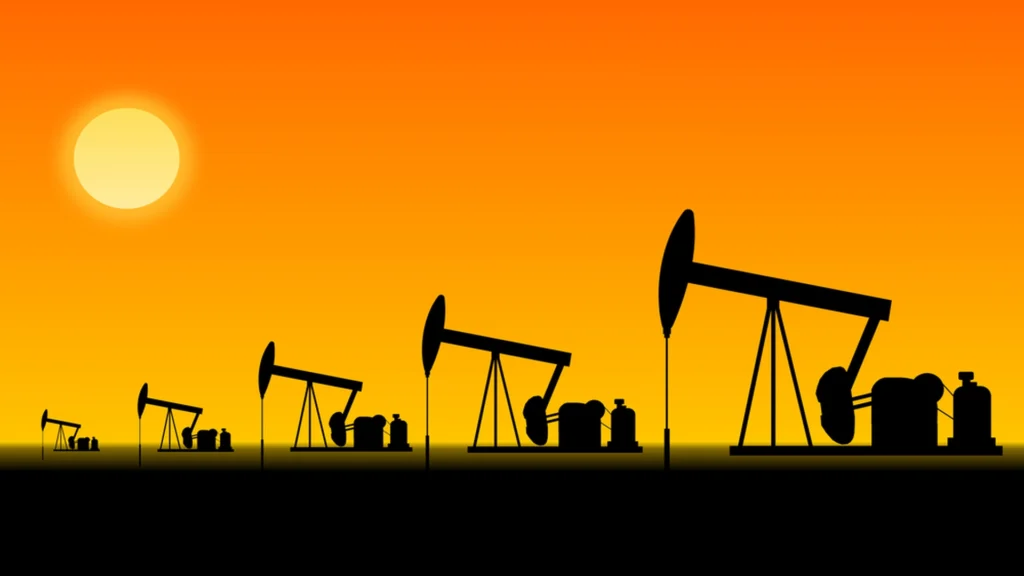
Composed of carbon and hydrogen, hydrocarbons are fundamental to organic chemistry and global energy production.
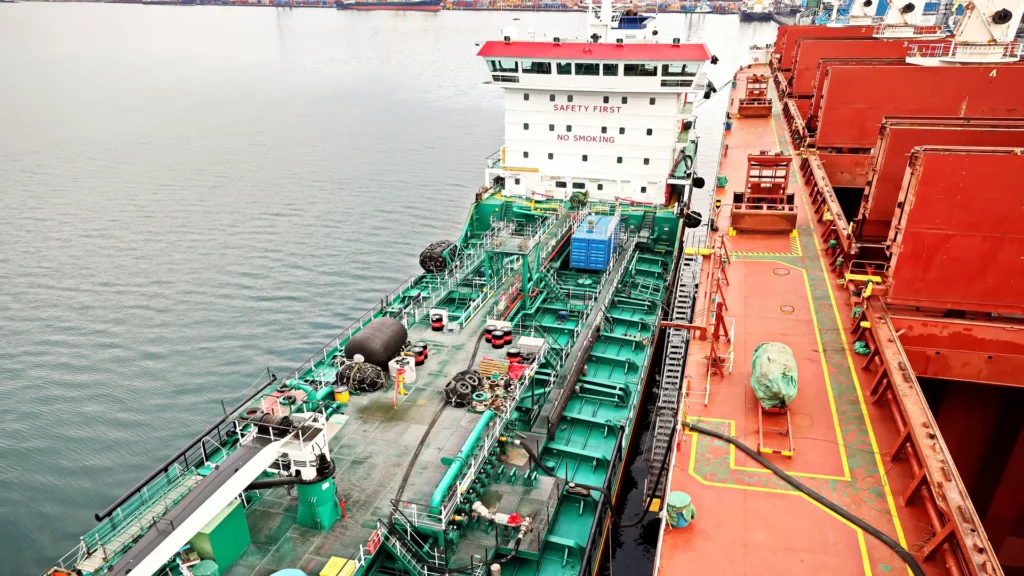
Bunkering demands operational control, traceability, and MARPOL Annex IV compliance to ensure safety and environmental sustainability.
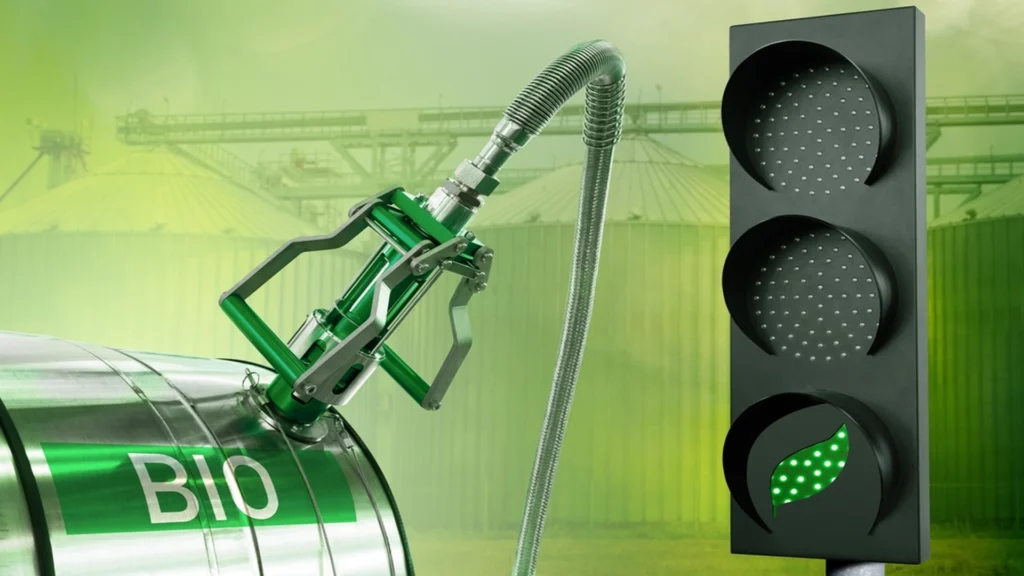
Synthetic fuel offers an immediate way to decarbonize transportation without changing existing engines or infrastructure.
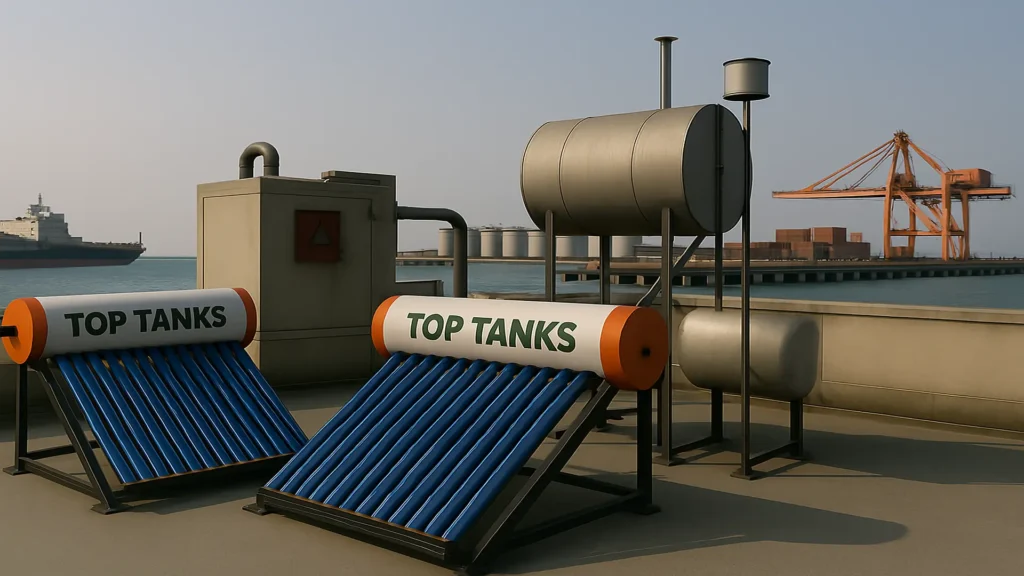
With solar thermal tanks, docks and port terminals can reduce their dependence on fossil fuels and contribute to a cleaner planet.
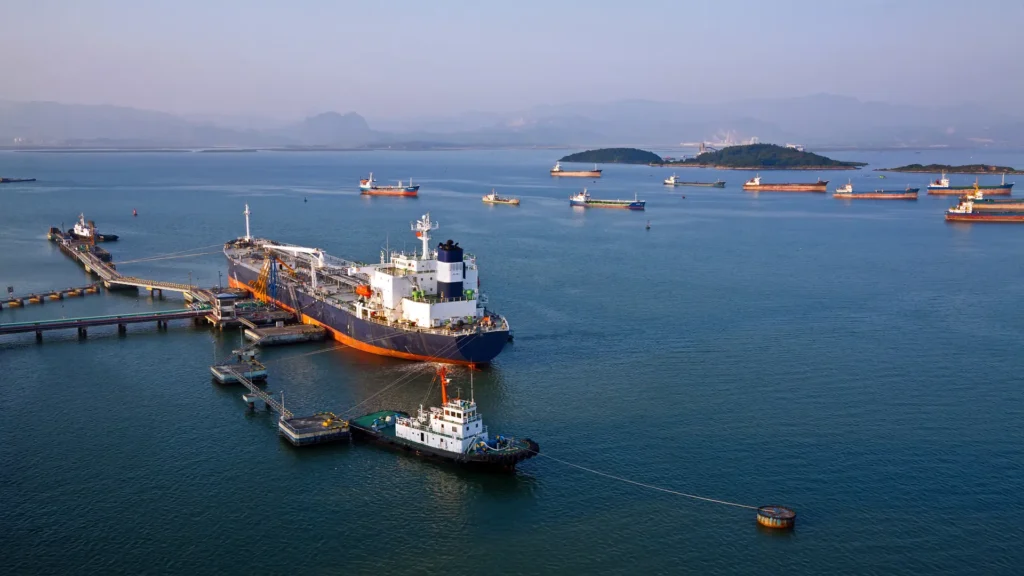
Chartering optimizes port logistics at liquid terminals, improves shipping efficiency and reduces delays through strategic contracts and technology.
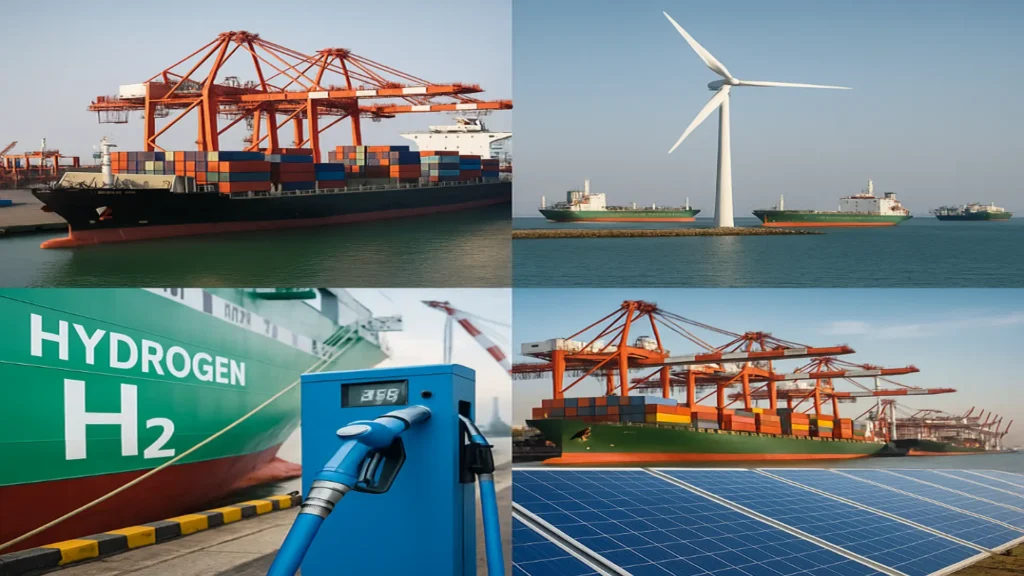
IMO poses net zero emissions in marine terminals by 2050 in the face of the 3% GHG generated by global shipping.

Everything you need to know about propane gas: efficiency, lifespan, uses and advantages over natural gas and electricity.
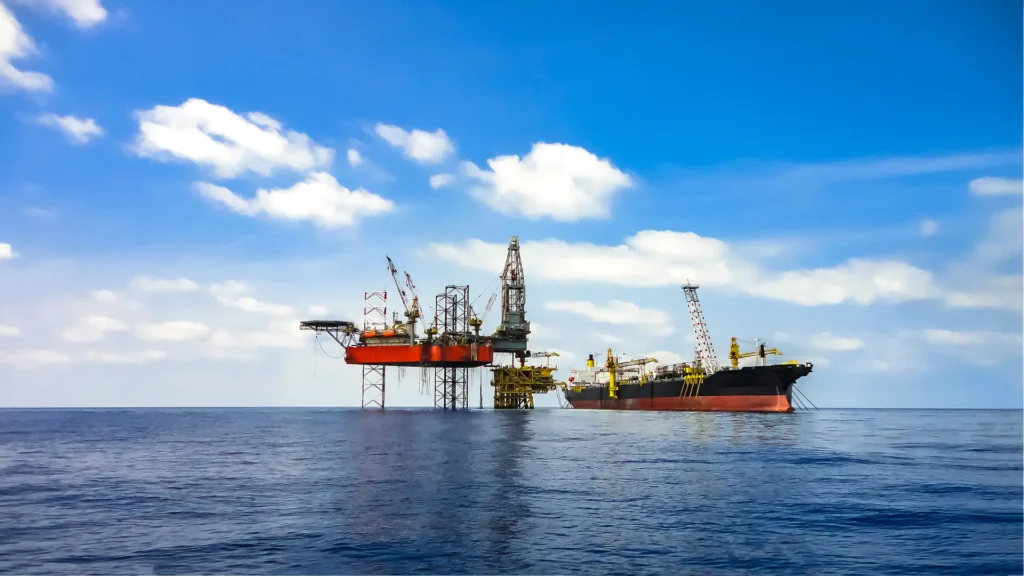
FPSO vessels have emerged as a distinctive alternative to fixed platforms and other traditional offshore systems.
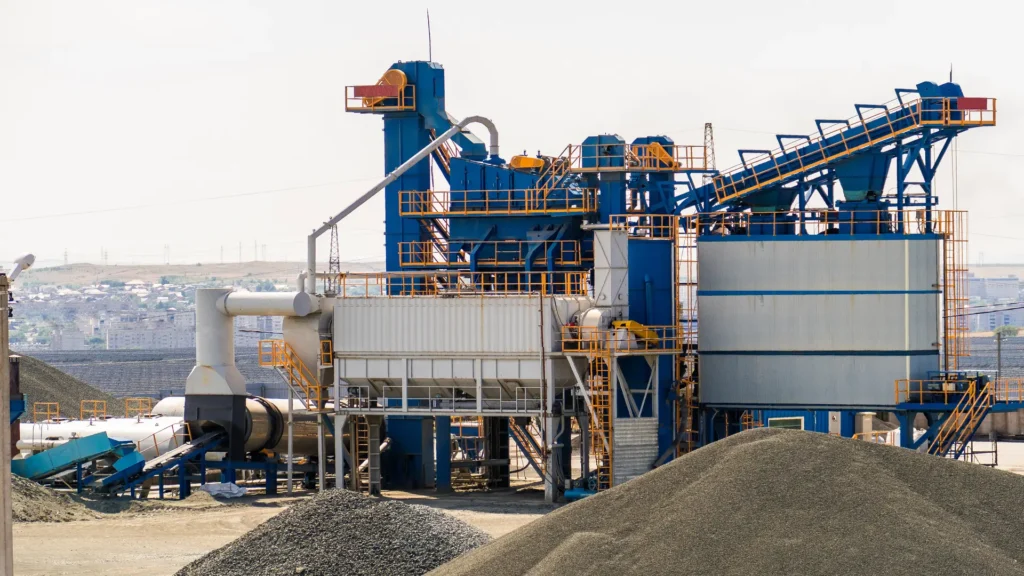
Asphalt is a bituminous material used in road infrastructures, noted for its resistance to loads, thermal deformation and environmental exposure.
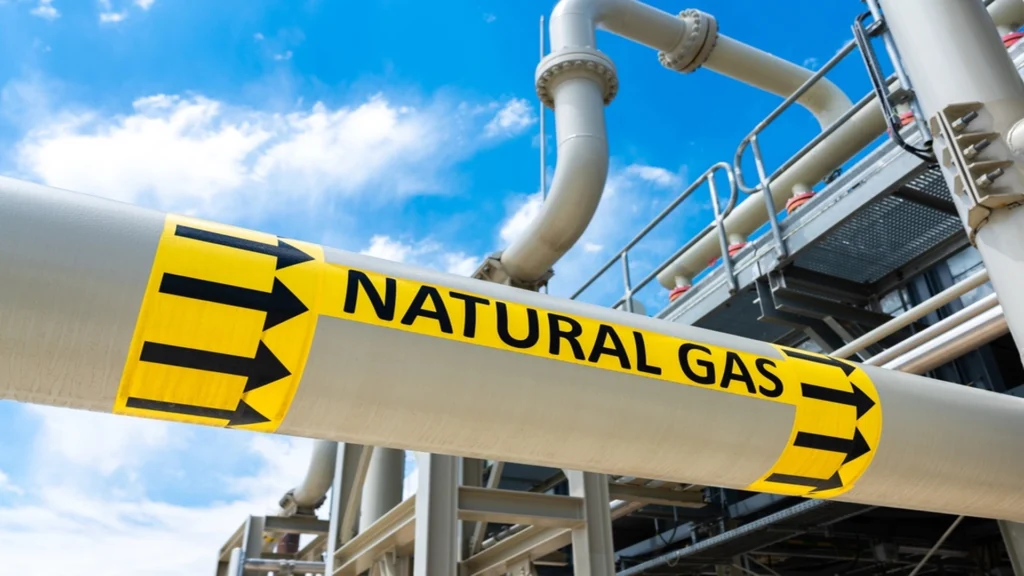
Understanding the production of natural gas allows us to optimize its use and reduce environmental impacts, from its formation in reservoirs to its distribution.